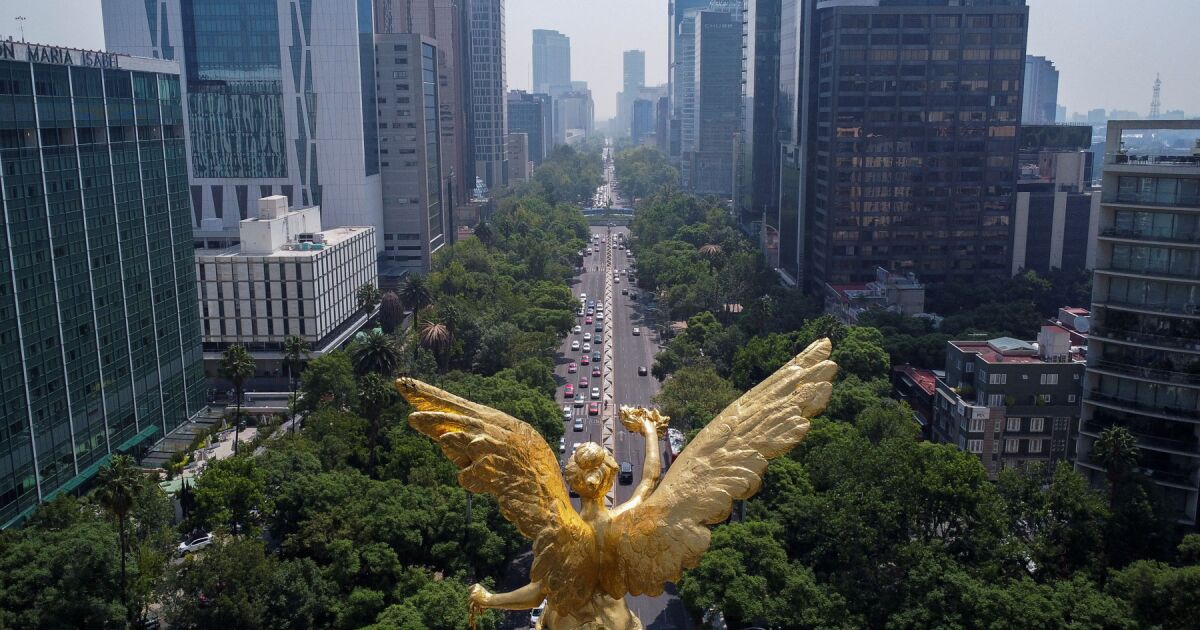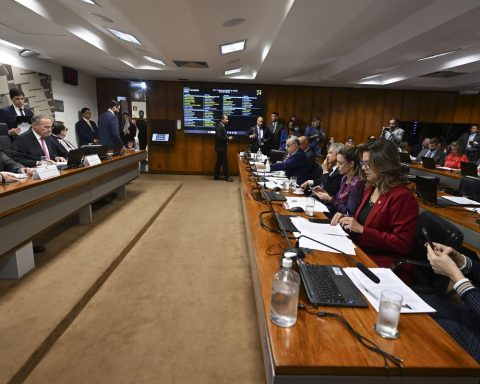However, it said the rating is constrained by weak governance indicators, a track record of moderate long-term growth and fiscal risks related to Pemex’s contingent liabilities and increasing budget rigidities.
He warned that President Andrés Manuel López Obrador’s package of reforms, which includes the one on the judiciary, would negatively affect Mexico’s institutional profile in general, “but it is too early to assess the possible severity before its approval and implementation.”
Mexico’s governance is already relatively weak, with a World Bank Global Governance Indicator score in the 32nd percentile, which is well below the “BBB” median of 58th percentile.
The rating agency projects a general government deficit of 5.4% of GDP in 2024 and 4% in 2025, compared to 3.6% in 2023 and an average of 2% during the 2015-2019 period.
The 2024 budget included a non-financial public sector fiscal deficit of over 5% of GDP, the highest level in more than three decades.
“The incoming administration will inherit a significant deficit caused by increased social spending and higher borrowing costs,” Fitch said.
He stressed that while the incoming government aims to reduce the deficit to levels consistent with a stable debt-to-GDP trajectory, there remains uncertainty about how and how quickly this will be achieved, which may only become clearer once the 2025 budget is proposed.
“We anticipate government debt to rise to 49% of GDP in 2024 from 46% in 2023, although it will remain well below the median of 55% in the “BBB” category. Our projections indicate a gradual increase over the medium term to 52.8% in 2026.”
Regarding Pemex, the rating agency said it does not expect any change in the government’s willingness to financially support the oil company during Sheinbaum’s administration.
The incoming administration has expressed its intention to maintain Pemex’s dominant position in the Mexican oil market, both upstream and downstream.
“This will likely require continued federal transfers unless there is a significant improvement in the company’s operating efficiency or a reduction in its debt burden. Support was substantial during the AMLO administration (approximately 4% of GDP between 2019 and 2023),” he commented.
Finally, real GDP growth will slow to 2% in 2024 from 3.2% in 2023, before falling further to 1.8% in 2025.
“We anticipate economic activity to recover over the remainder of this year following a weaker economy in the first quarter,” Fitch said.
The Treasury Department said that with this announcement, seven agencies have ratified Mexico’s credit rating for the year, maintaining a stable outlook for the country.
“This ratification of sovereign debt will allow us to continue to have favourable access to national and international markets,” he said.

















